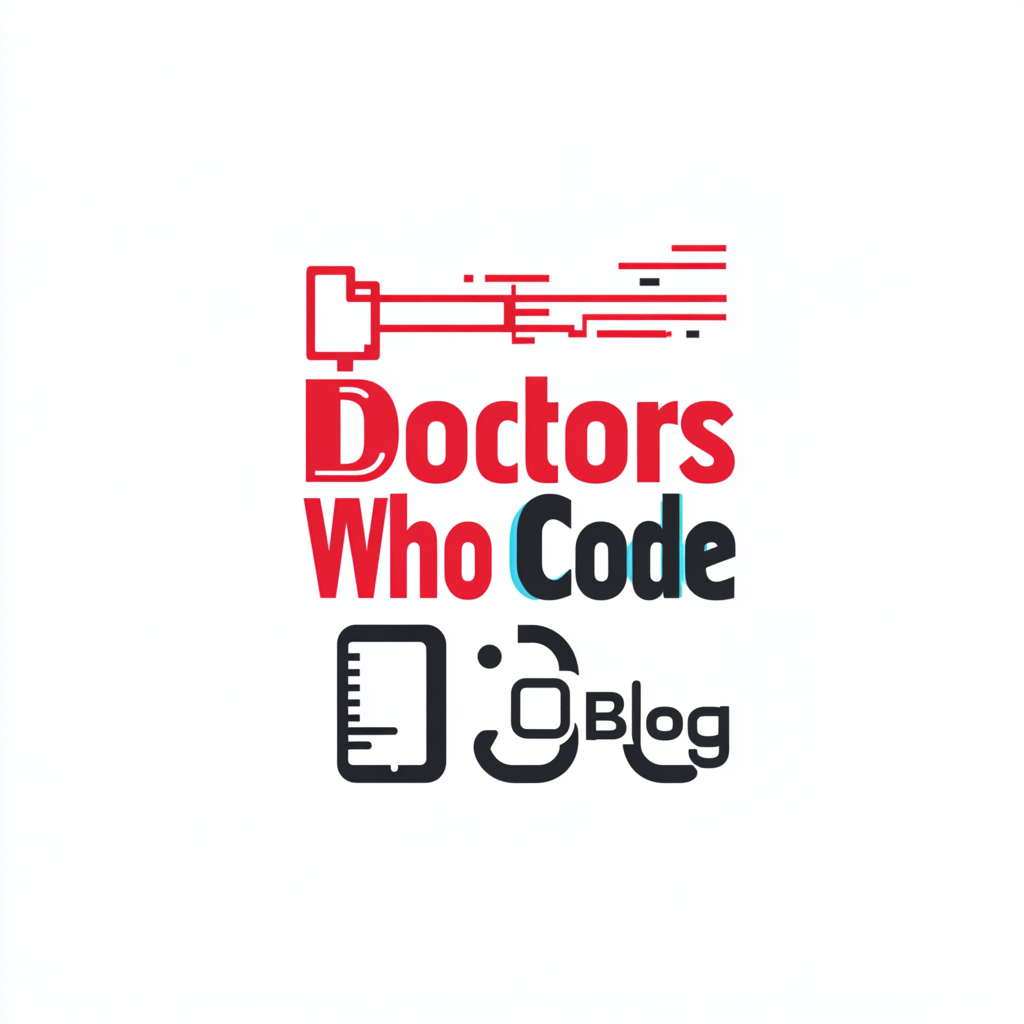Meta Description
Explore how AI revolutionizes hypertension care in pregnancy. From risk prediction to personalized treatment, learn how doctors can leverage technology.
Introduction
In our first post, we explored how telehealth is bridging gaps in care for hypertension during pregnancy. But telehealth is only one piece of the puzzle. Artificial intelligence (AI) offers unprecedented opportunities to predict risks, personalize care, and enhance patient outcomes. In this post, we’ll uncover how physicians can harness AI to redefine hypertension management for expectant mothers.
Table of Contents
1. AI in Healthcare: A Quick Overview
2. Applications of AI in Hypertension Management
– Risk stratification and prediction.
– Personalized treatment plans.
3. Real-World Success Stories
4. Challenges and Ethical Considerations
AI in Healthcare: A Quick Overview
– AI uses machine learning to analyze large datasets, identify patterns, and provide actionable insights.
– In maternal care, AI algorithms can help detect early signs of complications like severe hypertension or preeclampsia.
Applications of AI in Hypertension Management
Risk Stratification and Prediction
– AI models analyze patient history and biometric data to predict the likelihood of hypertensive disorders.
– This allows doctors to intervene early, reducing the risk of complications.
Personalized Treatment Plans
– AI integrates real-time blood pressure data with patient profiles to recommend tailored interventions.
– Patients receive notifications for medication adjustments or lifestyle changes via connected apps.
Real-World Success Stories
– Case Study: Predictive Analytics for Preeclampsia
A health system using AI-based tools saw a 15% reduction in severe preeclampsia cases through early risk identification.
– Patient Empowerment via AI Apps
AI-powered apps like Babyscripts empower patients to track their health and engage in decision-making.
Challenges and Ethical Considerations
– Potential issues include:
– Algorithm bias: Ensuring AI tools work equitably across diverse populations.
– Data security: Protecting sensitive patient information.
– Balancing automation with physician oversight.
Conclusion and Call-to-Action
The combination of AI and telehealth has the potential to transform maternal health care, offering physicians the tools to improve patient outcomes like never before. Interested in implementing these solutions in your practice? Start by exploring AI-enabled apps and telehealth platforms tailored for hypertension management.
